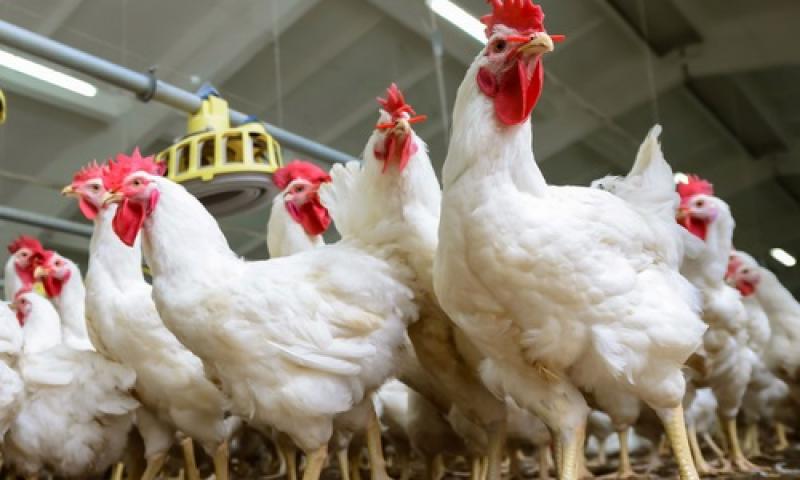Empowering Students Through Practical Learning: The School-Based Poultry Farming Project at Chilida High School, Malawi
Nebert Kamoto, Higher Education

In Malawi, many schools face the challenge of limited access to practical learning opportunities. While theoretical knowledge is often imparted in classrooms, students rarely get the chance to apply what they learn in real-life settings. This gap between theory and practice can lead to a lack of essential skills needed to navigate the job market or pursue entrepreneurial opportunities, particularly in rural areas. At Chilida High School, located in the northern region of rural Malawi, this issue is further compounded by limited resources and funding for hands-on educational programs.
To address this pressing need, a school-based poultry farming project was launched at Chilida High School, funded by the Center for Community Engagement to Advance Scholarship & Learning (CCESL) at the University of Denver. The project aims to bridge the gap between classroom learning and real-world application, providing students with a sustainable model to develop entrepreneurial skills while contributing to food security within their community.
As part of this project, a 3x8 meter chicken coop was built to accommodate 150 hybrid chickens. Sixty community members including teachers and students received training in poultry management. The initiative is anticipated to produce 3,900 eggs each month, generating K1,170,000 (One million, one hundred and seventy thousand Malawian kwacha) in revenue, which could assist in covering tuition costs for 60 students while also providing a source of protein for over 100 households in the community.
The primary objectives of the Chilida High School Poultry Farming Project are: enhancing practical learning by providing a platform for students to apply classroom knowledge in a real-world agricultural setting, promoting entrepreneurial mindsets by encouraging students to think like entrepreneurs, strengthening food security, and promoting sustainable development.
Academically, this project dovetailed with my studies in Higher Education at the University of Denver, allowing me to explore the intersection between community-driven initiatives, food security, income generation and education. The experience of working with students, teachers and community members on the ground reinforced the importance of applying theoretical knowledge in practical settings. It also strengthened my resolve to continue my research on how education systems in Malawi can be aligned with community needs, particularly in the context of rural schools and marginalized populations.
Moving forward, the project aims to expand its operations by increasing the number of chickens and diversifying the farm to include vegetable gardening. These additions will provide more learning opportunities for students and further contribute to the school's goal of self-sufficiency.
In conclusion, the school-based poultry farming project at Chilida High School is a shining example of how practical learning can empower students and improve communities. Thanks to the support of CCESL and the dedication of the school staff and students, the project is helping to break the cycle of poverty and create a future filled with opportunity for the next generation. This initiative reflects the importance of community-engaged scholarship, showing how universities like the University of Denver can contribute to global change through local action.